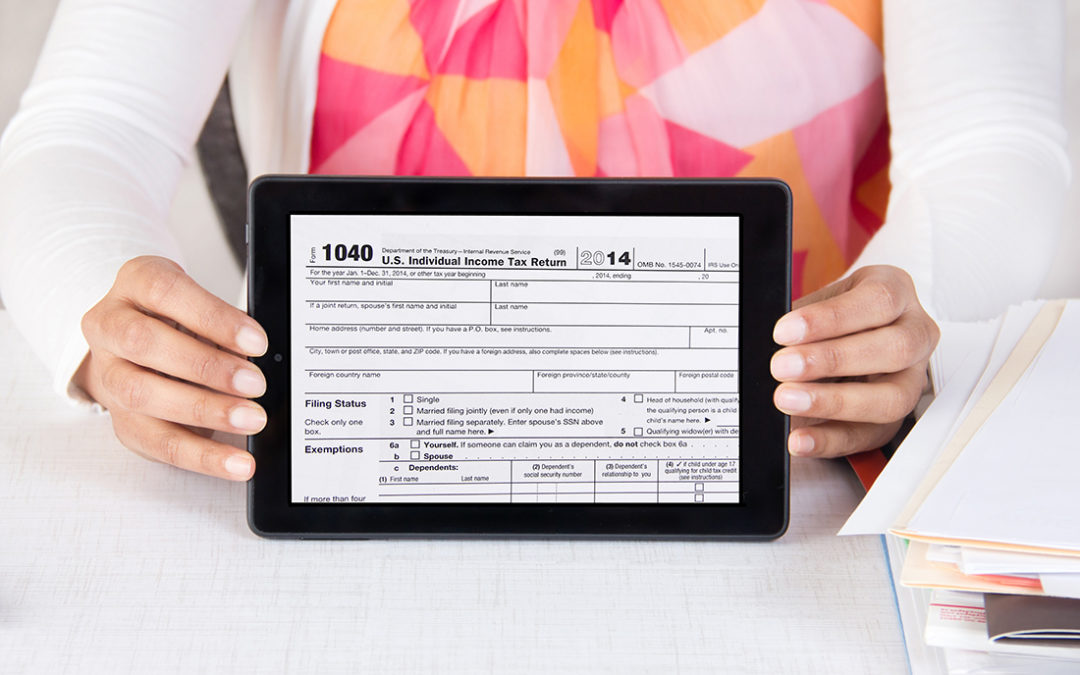There is a growing comfort level in society today regarding the accuracy of information produced by computerized processes. This is the assumption that, so long as the data is keyed into a computer program, the data generated will be accurate every time. This is especially true for the preparation of income tax returns.
Purchased tax software programs depend on this mindset. They say, “All you need to do is key in a few numbers and your tax return will be ready in minutes.” And in many cases, this may be true.
This same mindset has been adopted by many national tax preparation companies whose business model is to prepare your return while you wait. In this model, the person preparing your return may be solely responsible for the accuracy of the information keyed into the system and the resulting finalized tax return.
Recently, I have become aware of some local CPA firms adopting this business model for their simpler tax return preparation. They may not prepare your return while you wait, but they are designating some returns to be prepared and finalized without any CPA review.
I believe that this is a dangerous trend for Certified Public Accountants.
Allow me to illustrate. Our firm uses a well-known, nationally recognized tax preparation software package. This year, we have had an issue with the program. Before preparing tax returns, all information from the prior year is transferred to the current year tax program. Most of this information is used just for comparative purposes. But some of the information is very important to the preparation of the current year return.
One piece of information that can be vital to the accurate preparation of an income tax return is prior year state income taxes paid with the prior year state tax return. This amount is a deduction on Schedule A on the current year federal tax return for individuals who itemize. It has always transferred correctly for our firm from the prior year file to the current file. Until this year.
This year, the amount did not transfer. Had the error not been caught, individuals would not have reported all of their itemized deductions for federal income taxes. Their returns would have calculated federal income tax that was too high for the circumstances.
Now, my question is, “how many tax preparers would have caught this error?” Even more so, “how many people preparing their own tax returns at home would have caught this error?” By having a second set of eyes looking at returns, regardless of the complexity, we were able to catch the mistake and contact our software company to remedy a solution.
At Seiler, Singleton & Associates, P.A., every return that we prepare is reviewed by at least one CPA. While we cannot guarantee that every return that we prepare is mistake-free, we believe that we are reducing the likelihood of an error with our review process.
So, who’s checking your tax returns?
